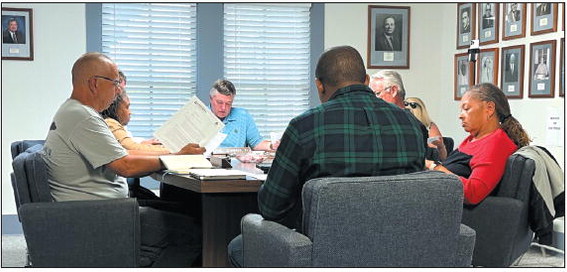Rural Communities Grappling with Emotional and Psychological Impacts of Hurricane Helene
In the aftermath of Hurricane Helene, rural communities in Georgia are grappling with the widespread emotional and psychological impacts of the disaster. While the physical destruction caused by hurricanes is evident, the mental health consequences are often less visible but equally damaging. Rural populations, already vulnerable due to limited healthcare infrastructure, face unique challenges in addressing their mental health needs after such catastrophic events.
According to the Georgia Department of Public Health (2022), rural residents in Georgia have historically experienced higher levels of mental health issues compared to their urban counterparts. This disparity is primarily due to limited access to mental health services, fewer healthcare professionals, and long-standing stigmas surrounding mental health in rural areas. In the aftermath of Hurricane Helene, these challenges are exacerbated by the widespread loss of homes, businesses, and livelihoods, especially for farmers and small business owners.
Farmers, in particular, are disproportionately impacted. Agriculture is a vital component of Georgia's rural economy, and Hurricane Helene caused significant damage to crops, livestock, and equipment. The National Agricultural Statistics Service (2023) reported that hurricanes in the past have led to an estimated $150 million in agricultural losses across the state, with central and southern Georgia being hit hardest. One local farmer lamented, “I lost everything I had invested in my farm — crops, livestock, and my livelihood. I’m not just worried about the financial impact; I need support to get through this mentally and figure out my next steps.”
These economic stressors contribute to increased rates of depression, anxiety, and hopelessness among farmers and their families. Research has shown that economic instability can be a significant predictor of poor mental health outcomes, particularly in rural settings (Smalley et al., 2019). Another community member expressed concern, stating, “It’s hard to focus on anything else when you’ve lost so much. We need our community to come together and support each other during this tough time.”
Children are among the most vulnerable during and after a natural disaster. In rural Georgia, the sudden loss of safety, coupled with the closure of schools and community spaces, has disrupted the social and emotional development of many children. Studies show that children exposed to natural disasters are at greater risk for developing post-traumatic stress disorder (PTSD) and anxiety (McDermott et al., 2017). Parents, often overwhelmed with their own stressors, may struggle to provide the necessary emotional support, further complicating the recovery process.
One of the greatest challenges rural communities face is accessing mental health care. The Georgia Behavioral Health Workforce Report (2022) highlights that 76 of Georgia’s 159 counties lack sufficient mental health professionals, with the majority of these underserved areas located in rural regions. After Hurricane Helene, this shortage becomes even more pronounced as the demand for services skyrockets. Many rural residents also face transportation challenges, making it difficult to reach available services.
As these communities begin to recover from the devastation of Hurricane Helene, it is imperative to address the mental health needs of all residents. Building a support system that includes mental health resources, community programs, and outreach can help foster resilience and healing in the face of adversity. By coming together, we can ensure that our rural communities not only recover physically but also emotionally, creating a brighter future for all.
Community Service Board of Middle Georgia has mental health clinics in Dublin. Eastman, Swainsboro, Sylvania, and Waynesboro, Georgia. To find a clinic near you, visit csbmg.com or call 478272-1190 to schedule an appointment.







NITTY GRITTY
Posted on